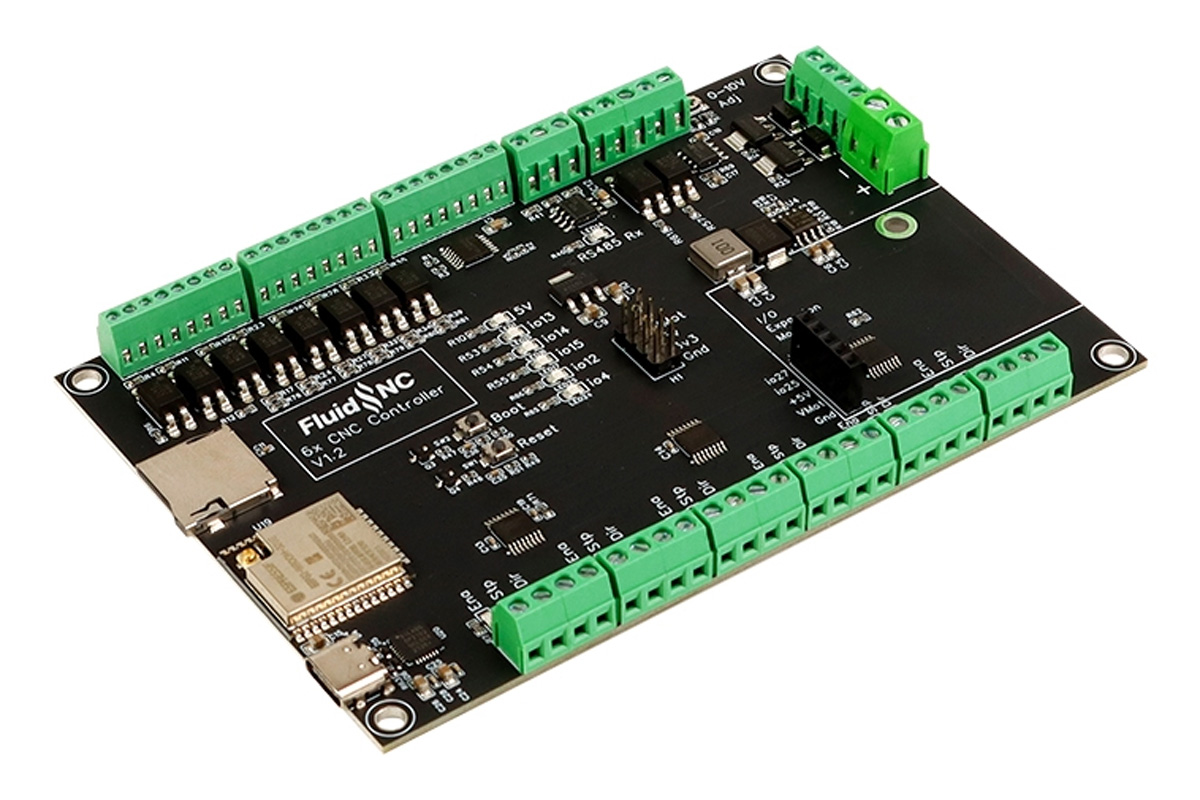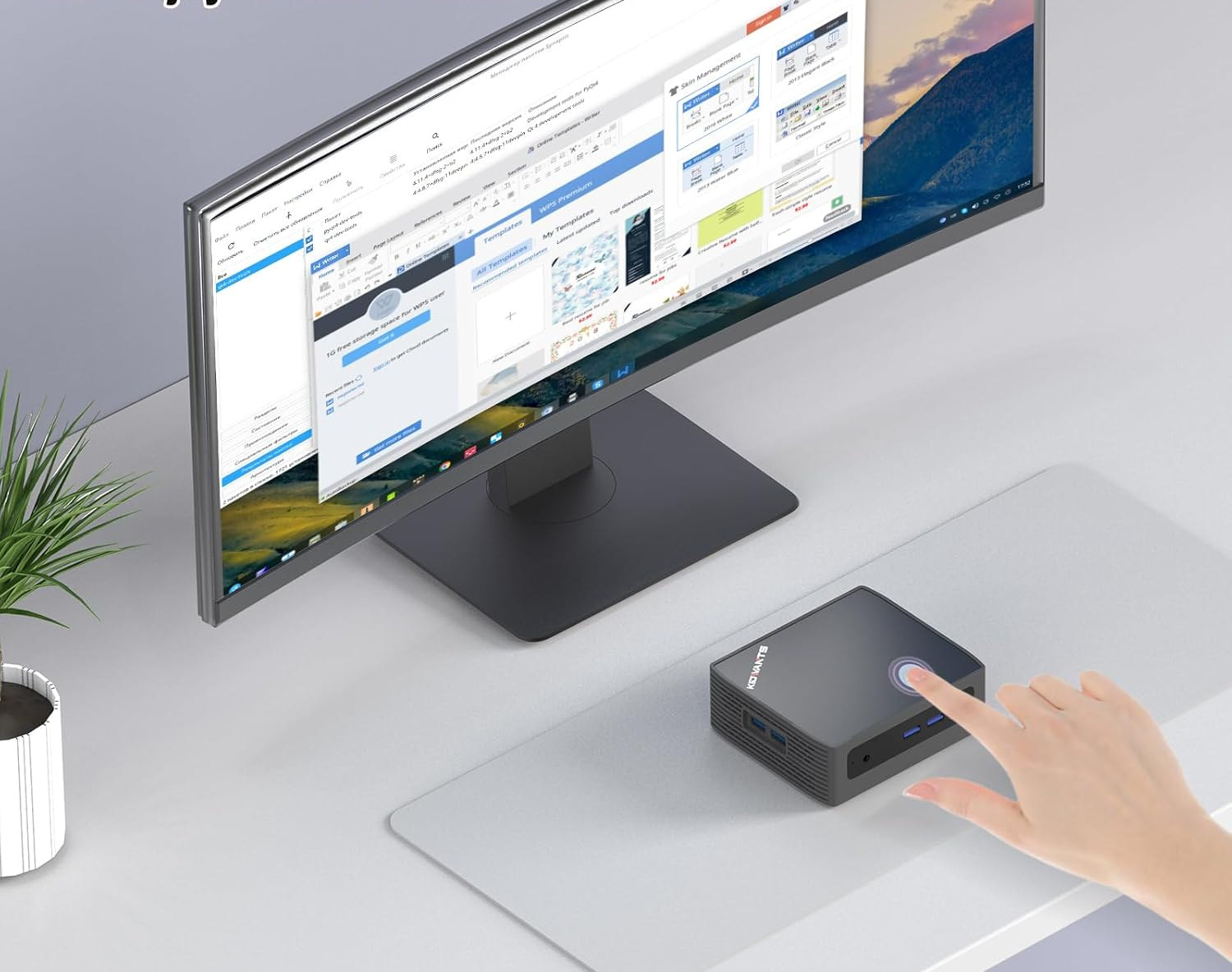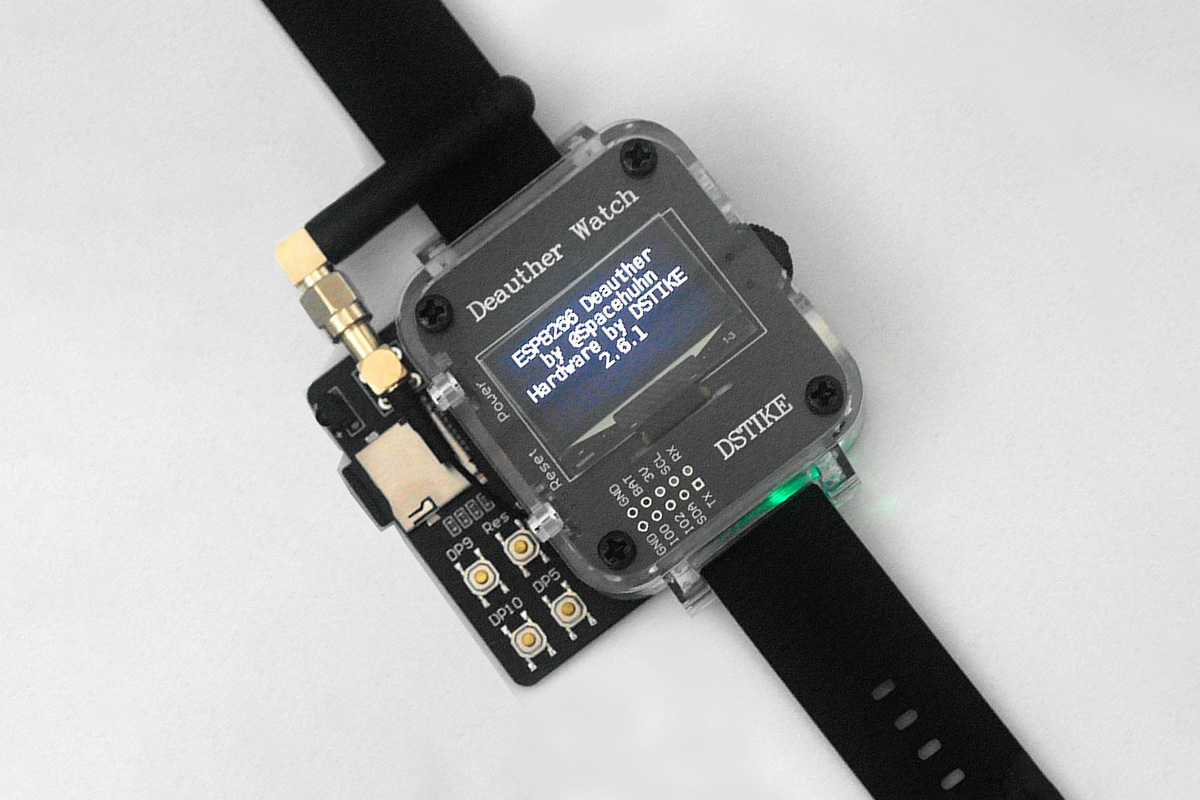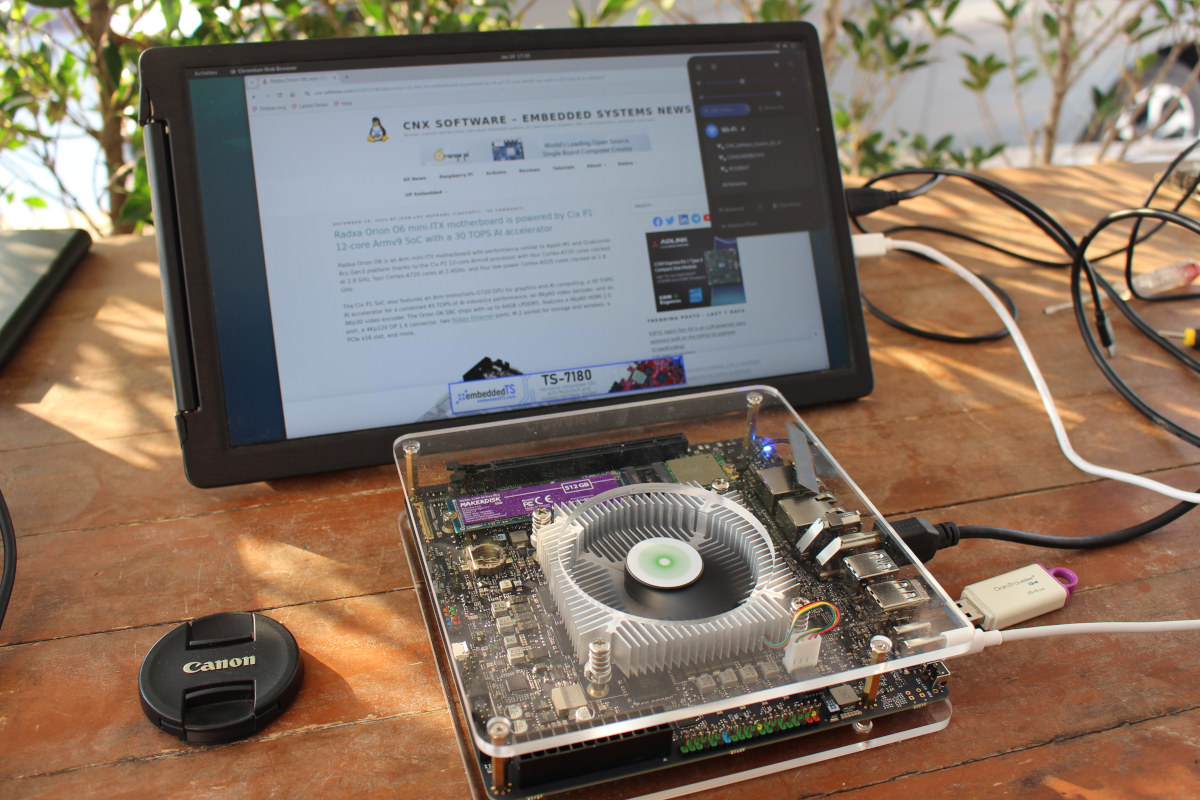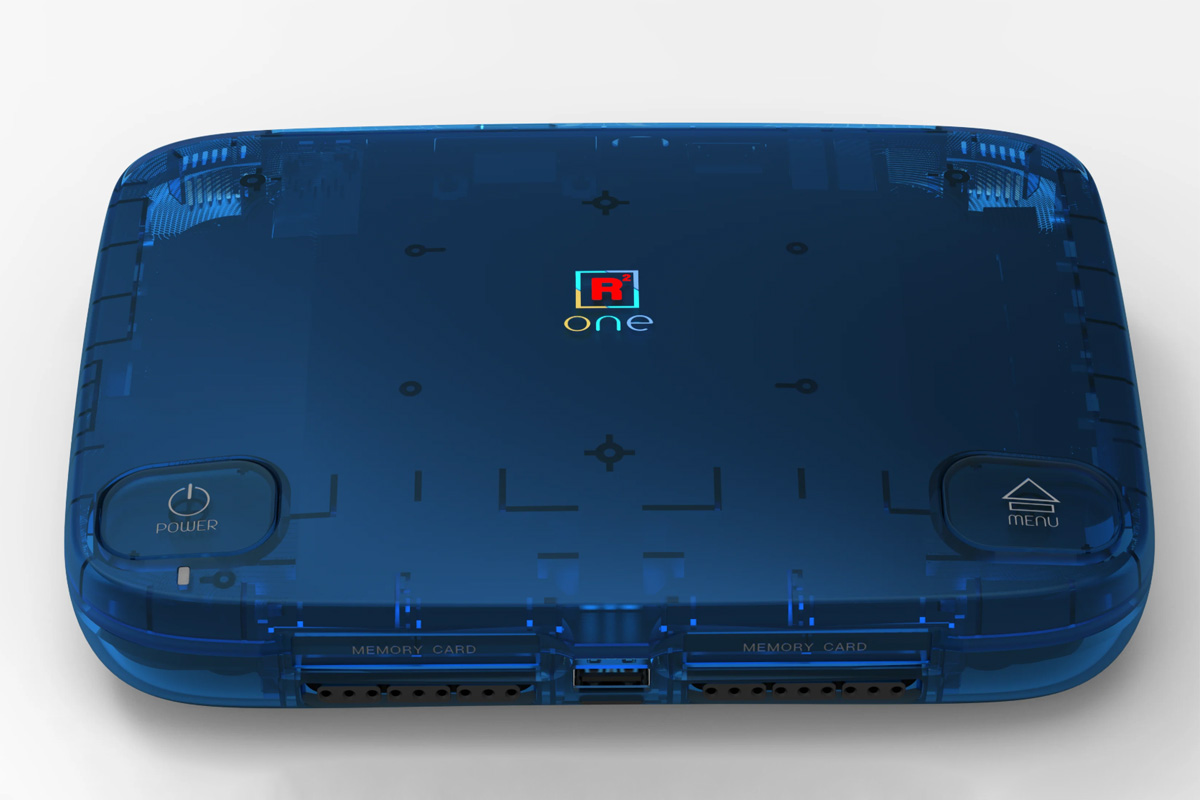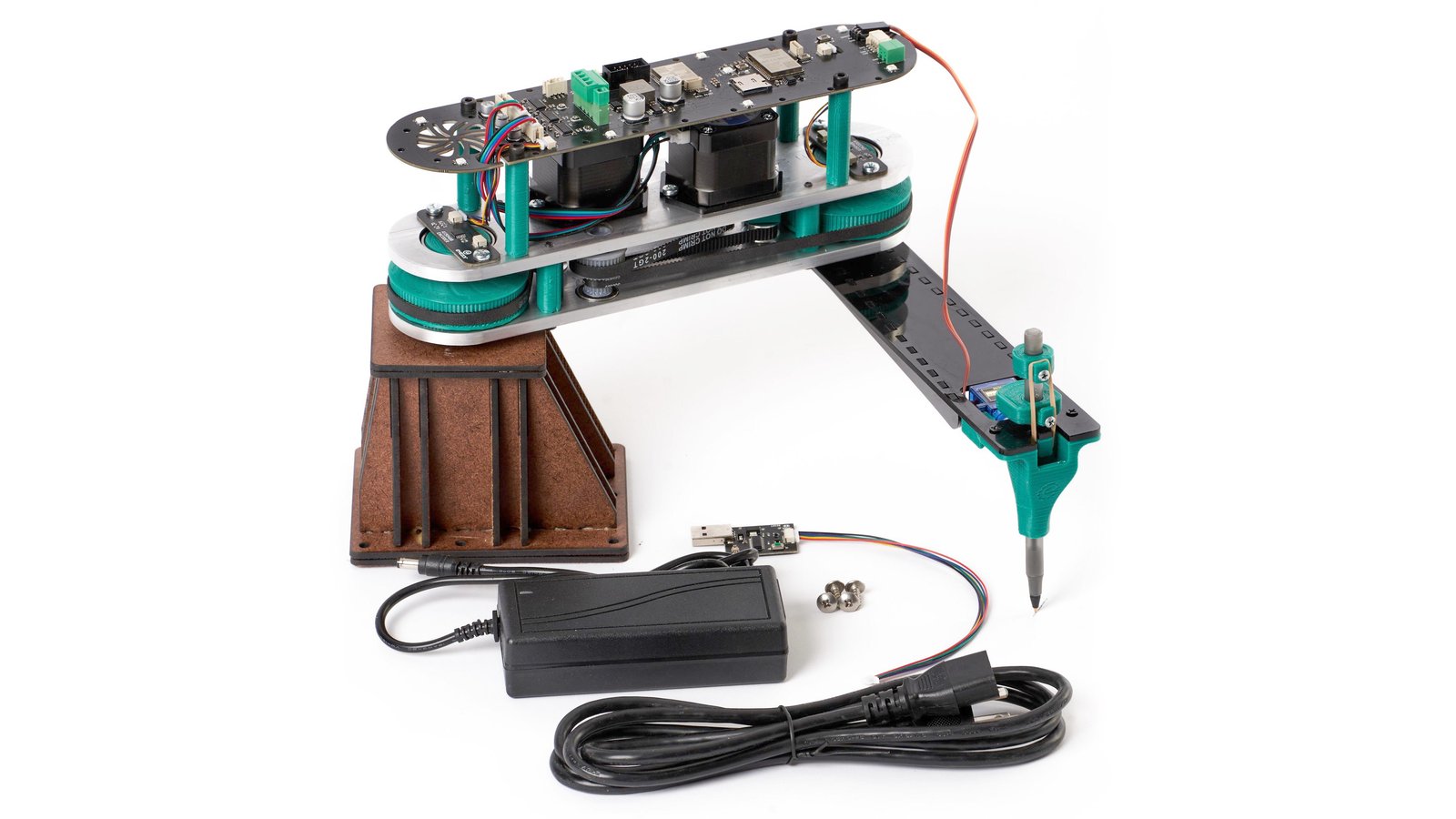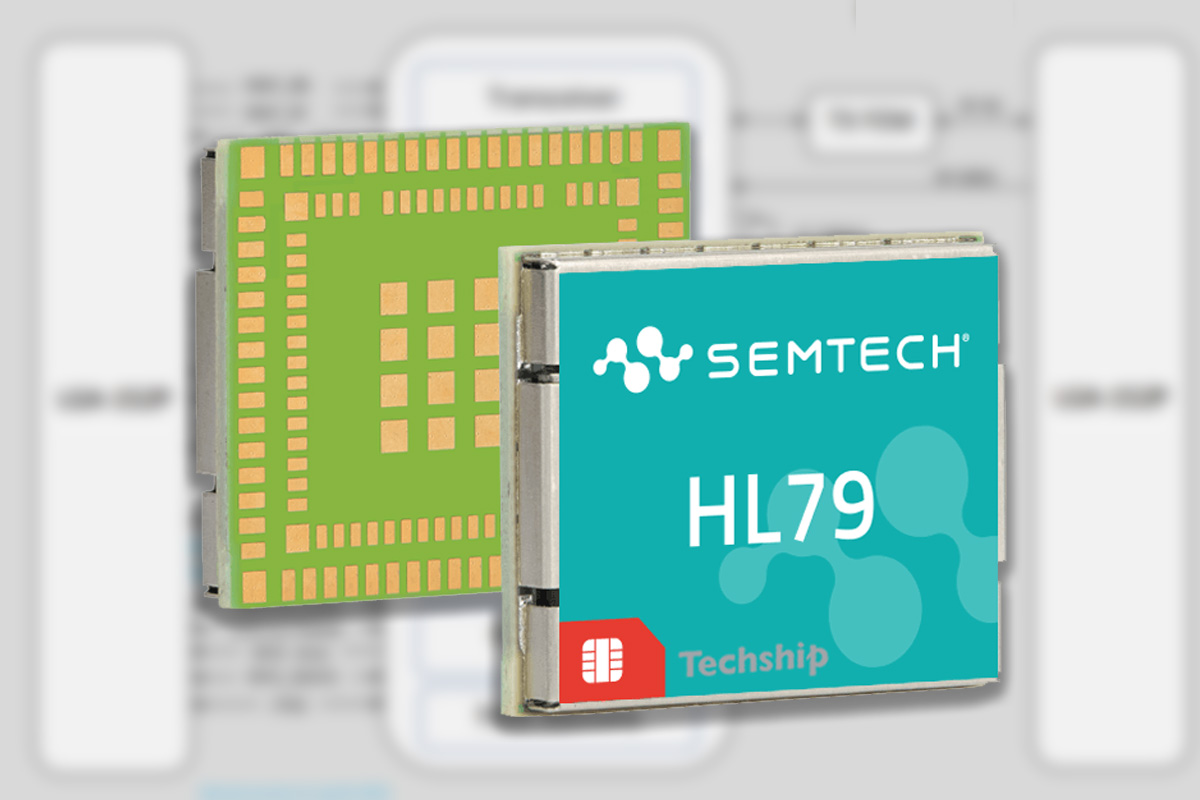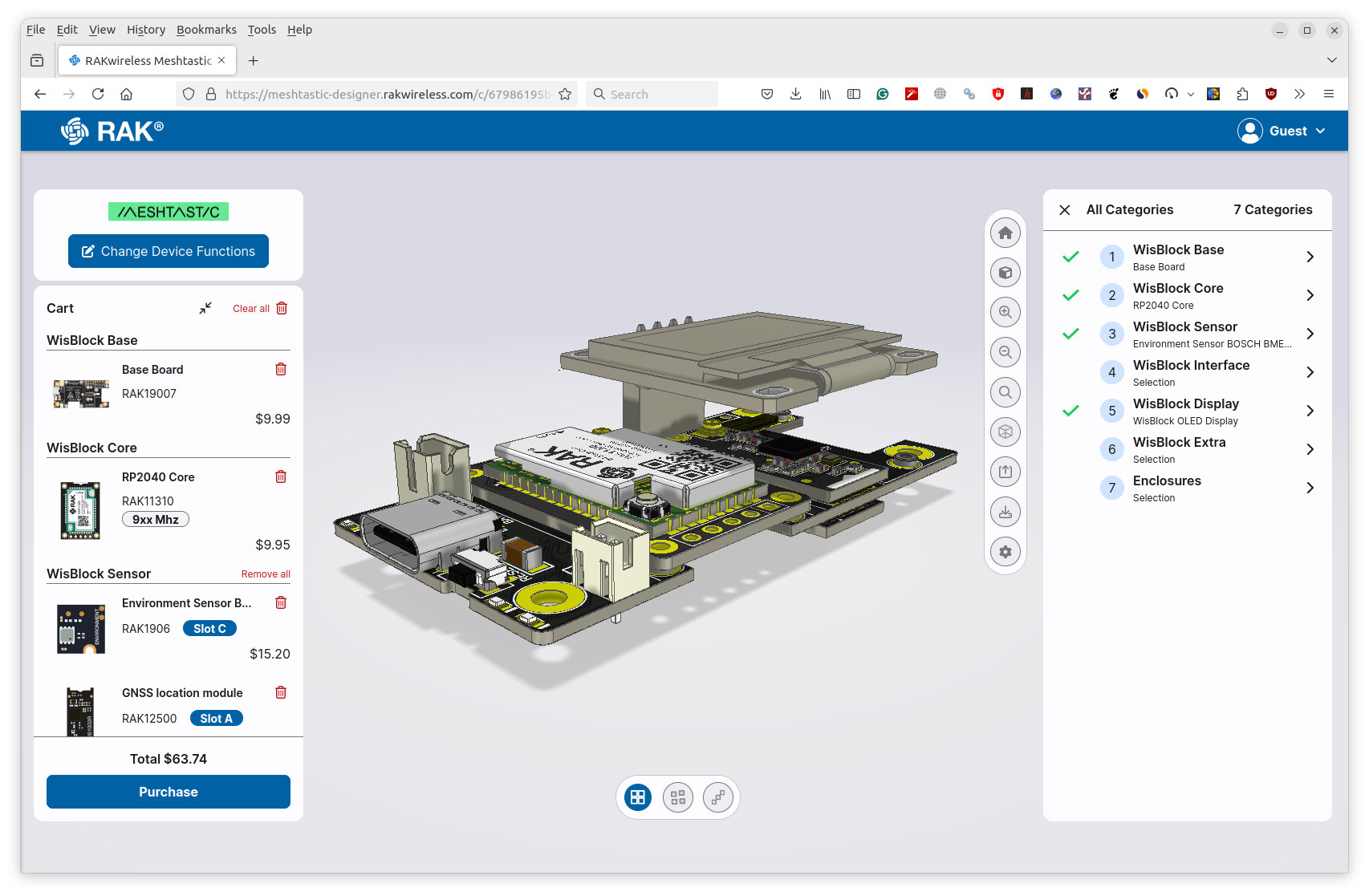US-based CNC and motion control developer Bart Dring has designed the 6x CNC Controller FluidNC-compatible CNC controller board built around an ESP32 (pre-programmed with FluidNC) module and including 6 external stepper motor drivers with 5V signals. It allows configuration, upgrades, and control via a web browser. The controller also includes individual step/direction controls and LED indicators for easy setup. It offers eight input ports for limit switches, probes, and controls, along with multiple spindle control options, including RS485 VFD, 0-10V, PWM, relay-based, brushless motor (BESC), and laser PWM with enable signals. Additionally, it has two 3A MOSFETs for relays or solenoids, a MicroSD card slot for local G-code storage, and an expansion socket for GPIO extenders or pendant interfaces. 6x CNC Controller specifications Wireless module – Espressif Systems ESP32-WROOM-32E ESP32 dual-core microcontroller 4MB flash 2.4 GHz WiFi and Bluetooth LE connectivity, built-in PCB antenna Storage – MicroSD card socket for […]
Kidwants KN1 is a $104 mini PC with a large touchpad on its top cover
Most mini PCs have pretty much the same features these days, but the Kidwants KN1 mini PC has a rather unique feature since it integrates a touchpad in its top cover allowing the user to interact without a mouse. The specifications are low-end with an Intel Celeron N4000 dual-core Gemini Lake processor first introduced in 2017, 8GB LPDDR4 RAM, and 128GB eMMC flash. The mini PC also offers two 4K-capable HDMI video outputs, Ethernet and WiFi 5 connectivity, five USB ports, and an audio jack. Kidwants KN1 specifications: SoC – Intel Celeron N4000 dual-core Gemini Lake processor @ 1.10 GHz / 2.6 GHz (Turbo) with Intel UHD graphics; 6W TDP System Memory – 8GB LPDDR4 RAM Storage 128GB eMMC flash M.2 2280 SATA socket for up to 1TB SSD Video – 2x HDMI ports up to 4Kp60 Audio – 3.5mm audio jack Connectivity Gigabit Ethernet RJ45 port Dual-band Wi-Fi 5 […]
The Deauther Watch V4S IR is a Wi-Fi hacker watch that can run up to 21 scripts via IR remote for wireless and HID attacks
We previously wrote about the Deauther Watch X used for wireless pentesting. The company has now released the Deauther Watch V4S IR an Wi-Fi hacker watch with a built-in infrared (IR) remote control for executing several scripts stored on a microSD card. It supports deauther attacks, Bad USB (HID) attacks, WiFi packet monitoring, and real-time clock adjustments. The new version features a 1,000mAh battery that can be charged via USB and it comes with includes a Type-C power cable, acrylic cover, and software manual. You can modify the Ducky Script inside the text files but must keep the filenames unchanged for proper operation. These features make this tool useful for cybersecurity professionals and enthusiasts for network security testing, penetration testing, and more. Deauther Watch V4S IR specifications: MCU – ESP8266 WiFi SoC @ up to 160 MHz with 160KB SRAM, 4MB SPI flash Storage – MicroSD card (preloaded with 21 […]
Radxa Orion O6 Review – Part 1: Unboxing, Debian 12 installation, and first benchmarks
Radxa sent me a sample of the Orion O6 mini-ITX motherboard for review. The system is powered by an CIX P1 (CD8180) 12-core Armv9 processor, equipped with 16GB RAM, and offers features like 5GbE, HDMI and DisplayPort, a PCIe Gen4 x16 slot, and more. It’s one of the most anticipated boards of the first part of 2025 since it’s powerful, offers a good performance/value ratio, and eventually promises to boot any ISO Arm64 image through an open-source BIOS / EDKII bootloader. I’ll start this review with an unboxing, NVMe SSD and WiFi module installation, and a short tutorial showing how to install Debian 12 operating systems before getting some system information and running a few benchmarks. In a few weeks, I’ll publish a more detailed review with features testing and more benchmarks to see what works and what doesn’t at this very early stage. Radxa Orion O6 unboxing I received […]
SuperStationᵒⁿᵉ SoC FPGA-based retro gaming console supports MiSTer emulation platform, PlayStation controllers, CD Drive, and more
Gaming hardware manufacturer Retro Remake has recently launched the SuperStation ONE FPGA-based gaming console designed for retro gaming enthusiasts. The console is built around an Intel Cyclone V SoC FPGA and supports MiSTer FPGA core so users can replicate various retro platforms without modifications. The console has 128MB BGA SDRAM and uses a MicroSD Card and an M.2 SSD slot for storage. It features HDMI (up to 1536p/1440p), VGA, DIN10 for composite/RCA and component video output, along with 3.5mm analog and TOSLINK digital audio outputs. It also has built-in Wi-Fi, Bluetooth, Ethernet, and NFC integration supporting Zaparoo features. Other ports include dual PS1 SNAC ports for PlayStation controllers, three USB Type-A ports, an Ethernet port, and an IO expansion slot. The optional SuperDock adds a CD drive for PlayStation 1 discs, an M.2 SSD slot, and extra USB ports. SuperStation ONE specifications SoC FPGA – Intel/Altera Cyclone V SX (5CSXFC6D6F31I7N) […]
Tobor open-source, modular robotic arm features two ESP32 modules (Crowdfunding)
Tobor (robot spelled in reverse) is a modular and open-source robotic arm platform powered by the ESP32-WROVER-I and ESP32-WROOM-32 (FluidNC CNC Controller core) modules. It is described as a “fully-featured robotic system that can fit on your desktop and is capable of helping you automate your workflow.” Tobor is billed as a customizable assistant for complex tasks such as assembly line help, CNC design, and rapid prototyping. The Tobor ecosystem includes several open-source components, including robotic arms, motion platforms, sensors, and actuators, that can be combined to create a unique system for “almost any desktop automation.” The Tobor Robot Arm supports multiple toolhead options such as the pen plotter toolhead, z-stage toolhead with 4th axis and suction cup, and the pick and place expansion pack. We have seen other open-source robotic platforms such as the SO-ARM100 AI robotic arm kit, CYOBot v2, and MIKRIK V2 Robot Car. Tobor Robot Arm […]
Altair ALT1350 based HL7900 5G LPWA module supports Wi-SUN, GNSS, and NB-IoT over non-terrestrial networks
The HL7900 5G LPWA module from Semtech (Sierra Wireless) is a globally certified solution built around Sony’s Altair ALT1350 chip and designed for low-power IoT applications. It is certified by major U.S. carriers, including AT&T, T-Mobile, and Verizon, as well as Japan’s KDDI, and has achieved global regulatory certifications (FCC, CE, ISED, etc.) and industry certifications (PTCRB, GCF) for carrier interoperability. This chip features an ultra-low-power sensor hub MCU for efficient environmental monitoring. Additionally, it includes integrated sub-GHz and 2.4GHz radios supporting short-range protocols such as Wi-SUN including U-Bus Air, NB-IoT, and 5G NTN along with GNSS and Wi-Fi-based indoor/outdoor tracking. Furthermore, this chip supports embedded SIM support, secure edge-to-cloud connectivity, and over-the-air updates. These features make this chip useful for applications such as asset tracking, urban navigation, and other IoT solutions requiring reliable, low-power connectivity with global reach. Semtech HL7900 specifications: MCU – Sony ALT1350 5G cellular IoT chip […]
Meshtastic Designer helps you build custom Meshtastic solutions with RAKwireless Wisblock components
RAKWireless introduced the Wisblock IoT Modular System in 2020 to let developers easily create LoRaWAN IoT solutions with various core modules, baseboards, and sensor/IO modules. The company kept adding new Wisblock modules year after year, and there are now over 120 modules part of the Wisblock ecosystem. While the large choice of modules makes designing IoT prototypes more flexible, customers often face challenges in checking compatibility and selecting the right modules for the right slots. That’s why RAKWireless has been working on web-based online designer tools for the Wisblock ecosystem. The first release is the Meshtastic Designer used to quickly configure and create their own Meshtastic devices from the module to enclosure, and place an order from there once the design is complete. I’ve given it a quick try myself. I wanted a Meshtastic device with a display, a keyboard, a GNSS module, and an air quality sensor since the […]


